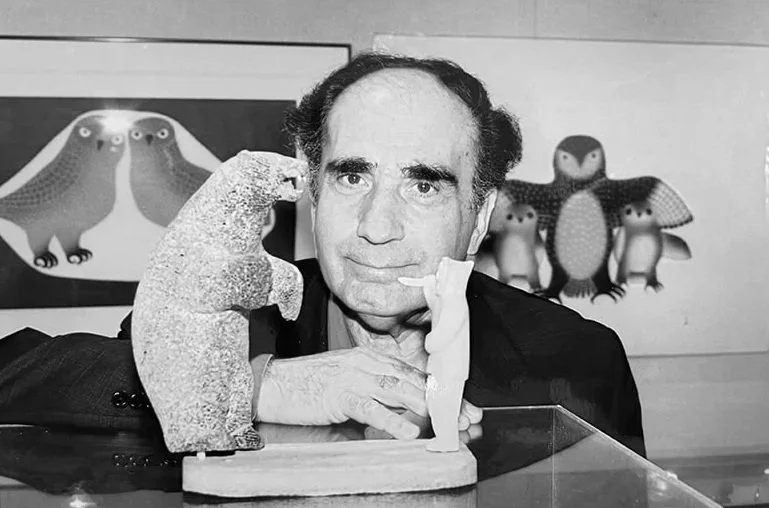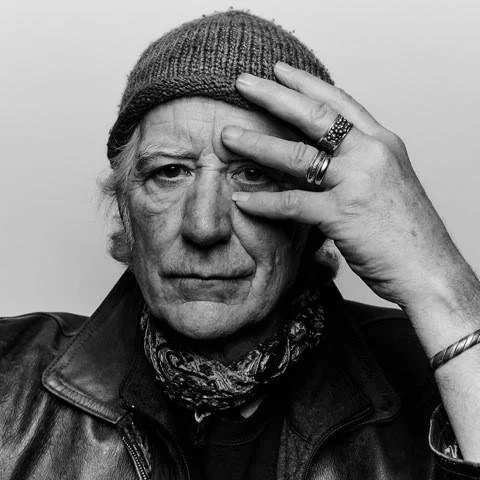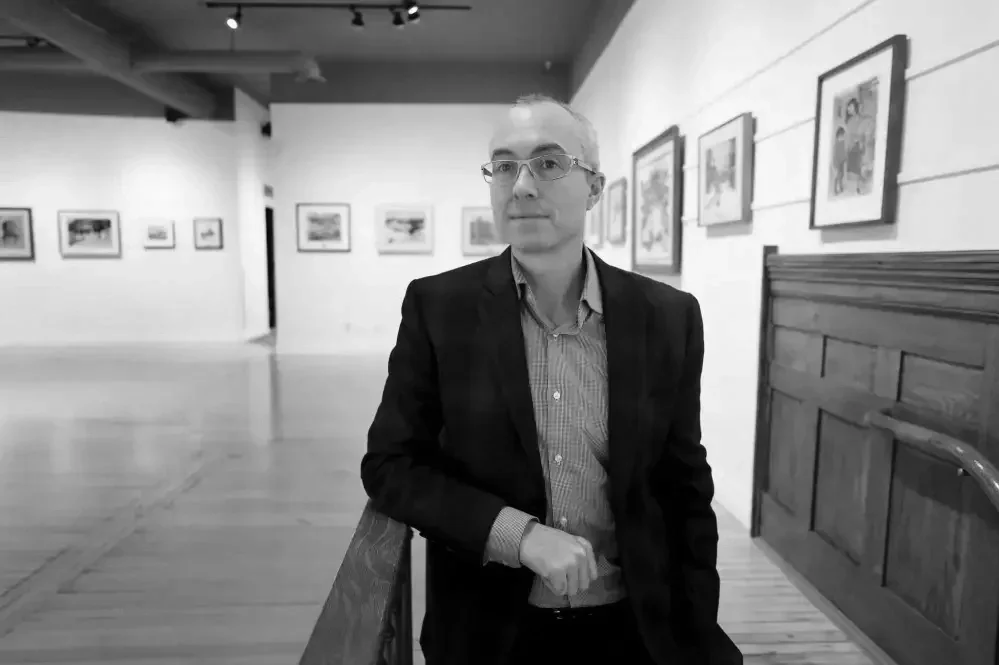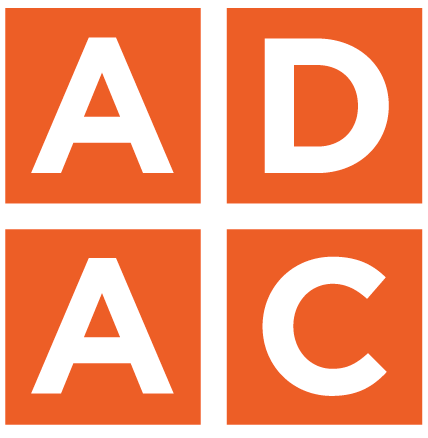Appraisals
Frequently Asked Questions
What is an Appraisal?
An appraisal is an opinion of a property’s monetary value, typically in the form of a report. Appraisals may be required for a variety of reasons. These include insurance coverage or claims, charitable donations, applications for Canadian Cultural Property certification, estate planning, or the division of property. It is important to discuss with your appraiser the reason for your appraisal, as this can affect the approach and format of the appraisal.
ADAC provides Fair Market Value (FMV) appraisals of cultural property donations and charitable gifts. An artwork’s FMV is defined as “the highest price, expressed in terms of money, that a property would bring, in an open and unrestricted market, between a willing buyer and a willing seller who are both knowledgeable, informed, and prudent, and who are acting independently of each other” (Canada Revenue Agency, P113 Gifts and Income Tax 2022). In Canada, FMV appraisals are required for charitable gifts and cultural property donations.
Does ADAC provide appraisal services to private individuals?
Unfortunately ADAC does not provide appraisals to individuals, however we are happy to refer you to a commercial art dealer, fine art appraiser, or auction house, depending on your specific needs. Please contact us directly for further information. If you are a donor seeking an appraisal, please request that the institution receiving your donation contact ADAC’s Appraisal Service.
How do I find an Appraiser?
Many commercial art galleries provide appraisal services. We recommend that you begin by looking for art dealers who specialize in the work(s) that you need appraised. You may also contact qualified private appraisers that are affiliated with a professional association, such as the International Society of Appraisers (ISA). Members of these associations must meet specific requirements and have completed a minimum number of professional hours as a appraiser. It is always best to contact a professional who is knowledgeable in the particular artist, style, or period of the work(s) being appraised.
Can ADAC assist with identifying the artist, title, or date of an artwork?
ADAC does not offer research or identification services to collectors. We are happy to provide guidance on next steps and/or refer you to a professional in the field.
How many appraisals are required?
An independent, professional FMV appraisal is required for charitable gifts valued over CAD $1,000 (Canada Revenue Agency).
For cultural property donations, CCPERB guidelines state that: “applications must include one or two appraisals. When the aggregate estimated fair market value of the donation is less than CAD $50,000.00 only one appraisal is required. For applications with the aggregate fair market value equal to or above CAD $50,000.00, two appraisals are required, unless the appraisal is prepared by a committee of the Art Dealers Association of Canada (ADAC)… CCPERB recognizes that such appraisals represent the opinion of more than one expert” (CCPERB). ADAC can provide a single, CCPERB-compliant appraisal report for cultural property donations over CAD $50,000 in value. A second appraisal is not required.
Does ADAC authenticate artworks?
ADAC does not authenticate artworks. Some recognized experts may be able to provide their opinion on a work’s authenticity. This could be an art dealer, curator, scholar, artist’s estate, family member, or the artist themselves. Some artists have (or had in the past) official bodies who authenticate their work.
According to the ISA, to authenticate is to prove or verify that something is genuine, or has an undisputed origin. It proves that an item is the product of a specified person or manufacturer. Authentication uses knowledge, past and present, in relation to the identified characteristics of the artwork and the characteristics of known authentic work. It is important to note that authentication is an opinion (and as such, can be subject to dispute). The weight of authenticity rests on the reputation of the expert. An appraisal is not an authentication.
What are the tax benefits of donating artwork in Canada?
The Government of Canada offers significant federal tax concessions to incentivize artwork donations. To learn more about the tax benefits of charitable and cultural gifts, please consult our Gifts & Donations 2023 brochure.
Appraisal Types
-
The Canadian Cultural Property Export Review Board (CCPERB) is an independent, quasi-judicial administrative tribunal established under the Cultural Property Export and Import Act. CCPERB is responsible for certifying artworks as cultural property for tax purposes. The certification of cultural property and its tax benefits encourages the transfer of artworks from private owners to public collections.
Cultural property may include paintings, works on paper, sculptures, textiles, and other artworks created in Canada or abroad. Artworks must meet the criteria of outstanding significance (OS) in order to receive cultural property certification. The institution must submit a justification to CCPERB outlining the OS of the object(s).
Only cultural institutions, public authorities, and governing bodies that have received official designation from the Minster of Canadian Heritage are eligible to apply to CCPERB for Cultural Property certification. The recipient must be designated before the legal transfer of ownership takes place from donor to recipient.
If your institution is applying to CCPERB for certification of Cultural Property, ADAC can provide you with an appraisal.
CCPERB has specific guidelines and requirements for preparing monetary appraisals of Cultural Property. When you use ADAC, we handle the entire appraisal process for you. ADAC secures the appropriate market expert(s) and coordinates the entire process, rectifying any discrepancies along the way.
We deliver a single pre-formatted report which is compliant with CCPERB requirements and ready to send with your application. The Appraisal Committee reviews all Certificates of Appraisal and provides an additional reasoned justification to support the valuation, ensuring that an accurate fair market value is firmly established.
ADAC is the only fine art appraisal service permitted by CCPERB to prepare one appraisal report for donations over CAD $50,000 in value.
-
Institutions receiving charitable donations over CAD $1,000.00 in value are required by the Canada Revenue Agency (CRA) to obtain a professional appraisal. The recipient of the donation can issue an official donation receipt after the property has been appraised.
ADAC provides appraisals of donated artworks for tax purposes.
We take care of the entire appraisal process. ADAC secures the most appropriate market expert(s) to appraise your donation, and ensures that the appraisal follows Uniform Standards of Professional Appraisal Practice. The Appraisal Committee reviews all Certificates of Appraisal and provides an additional reasoned justification to support the valuation, ensuring that an accurate fair market value is firmly established.
ADAC requires the same documentation for appraisals of gifts in kind as we do for Cultural Property appraisals, with the exception of the statement of outstanding significance (OS). If a condition report is not available, we may also be able to arrange for an inspection of the work. Please reach out to us if you have further questions about what is required for an appraisal.
-
ADAC does not currently provide insurance appraisals for public collections or individuals. We may be able to provide a referral -- please contact us to see how we can assist.
Further Questions?
The ADAC Appraisal Committee
The ADAC Appraisal Committee is made up of senior ADAC members who are experienced appraisers with a broad scope of expertise.
The Appraisal Committee oversees and reviews all appraisals, providing additional reasoned justification to support the final fair market value of each appraisal.
-

Jeanette Langmann
Committee Co-Chair | Director, Uno Langmann Limited Fine Art
-

Lynne Wynick
Committee Co-Chair | Director, Wynick/Tuck Gallery
-

Phillip Gevik
Director, Gallery Gevik
-

Paul Kuhn
Director, Paul Kuhn Gallery
-

Douglas MacLean
Director, Canadian Art Gallery
-

Shaun Mayberry
Partner, Mayberry Fine Art
-

Paul Wildridge
Director, Roberts Gallery
-

Germaine Pataki Thériault
Director, Gallery 78

